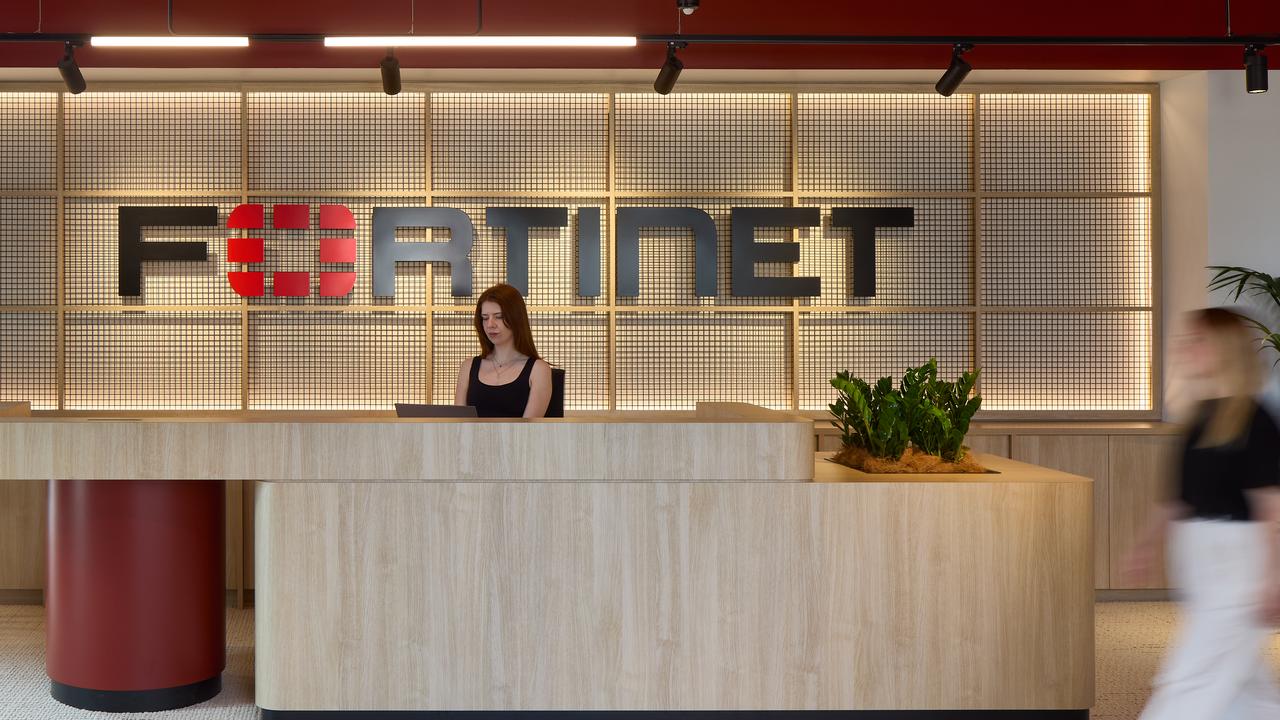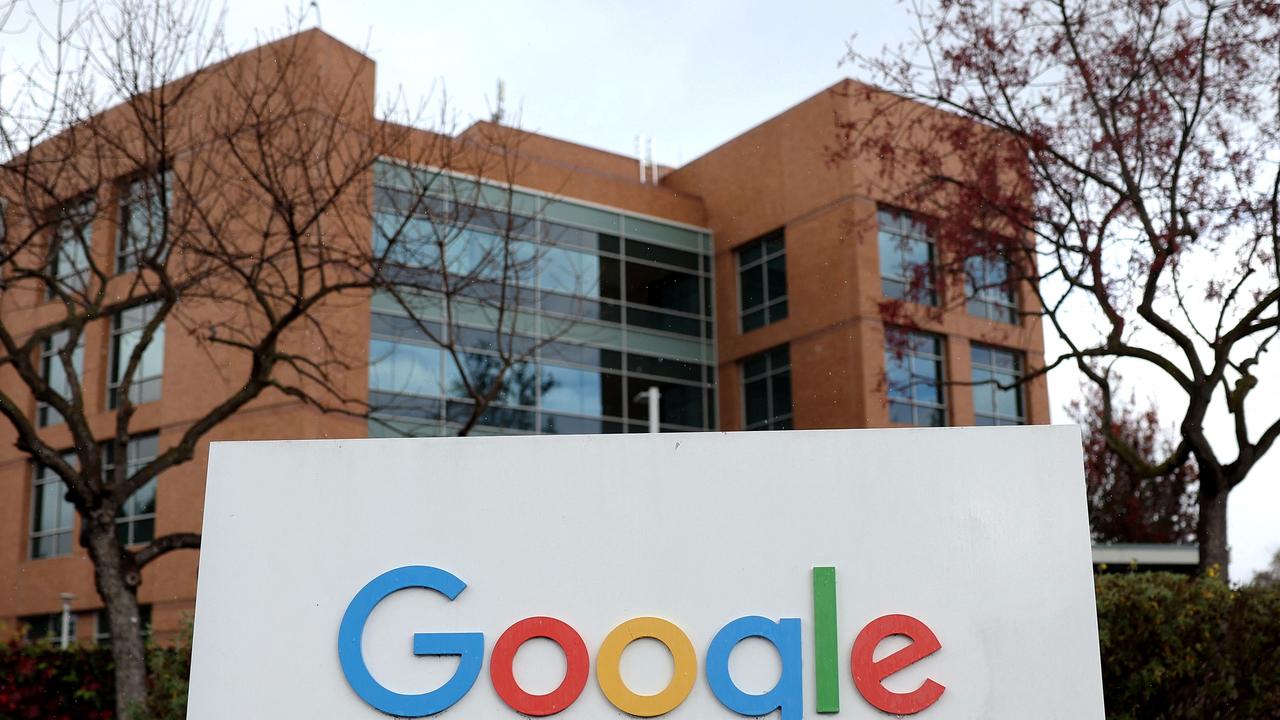Google’s Bard rises, ChatGPT slows as ‘crypto tourists’ flock to GenAI
Google’s Bard is rising in popularity in Australia, while ChatGPT numbers begin to dwindle.

Google’s new generative AI platform Bard has proved very popular, but it has a long way to catch up to OpenAI’s ChatGPT.
AI platform Bard had an uptake of near 750 per cent over the past month, but the platform still severely lags behind OpenAI’s ChatGPT, which had near 27.8 million visits in May, with the number of visits growing 7.4 per cent compared to April.
Comparatively, Bard saw 2.6 million visits, less than one 10th of ChatGPT, but representing a growth of 748 per cent, according to analysis from web analytics company Similarweb.
Since its public launch late last year, visits from Australian users to ChatGPT have gone from less than 3000 in November to a growth rate of between 3 million to 4 million most months. User numbers, while still growing, are however beginning to dwindle.
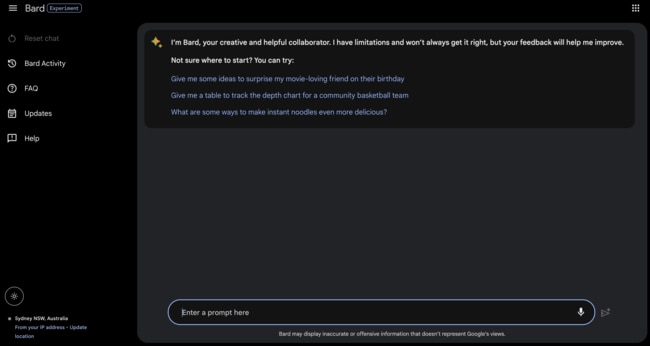
Bard, on the other hand, has had strong growth, but the technology was only launched publicly in early May.
As the AI hype-train continues to roll, many companies have come forward to declare their interests in the technology, with some claiming they have been at the forefront for decades.
But OpenAI chief executive Sam Altman has doubts about those claims, telling a Melbourne audience earlier this month that the same trend hoppers who pounced on the crypto market had taken to AI.
“There’s another thing going on right now … there were people who, a year and a half ago, were all in on crypto. They’ve now all moved over to AI and soon enough they’ll have all moved onto something else,” he said.
“It’s those tourists that I’m less excited about.”
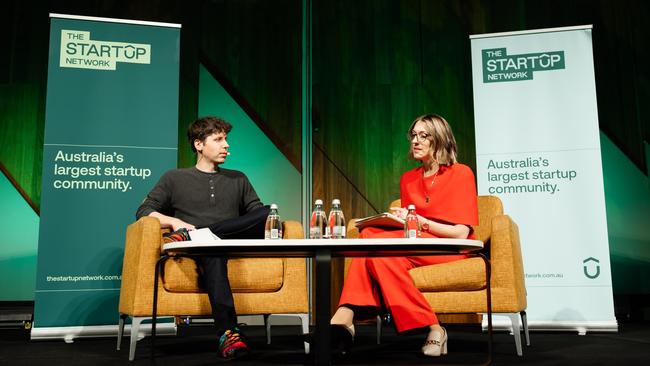
Much like cryptocurrencies, AI hype has become a goldmine for scammers, with Group-IB last week discovering the login credentials of more than 101,000 ChatGPT accounts on the dark web.
While scammers and trend hoppers are plenty, companies remain positive on the potential productivity benefits of wide scale use of generative AI.
Joint research conducted by Harvard University and the world’s largest online code repository GitHub, released overnight, found that generative AI tools would add $1.5 trillion to the economy by as soon as 2030. That figure represented the use of generative AI in software development alone, not the broader economy, which is expected to be a much higher number.
Co-authored by Harvard professor Marco Iansiti and GitHub CEO Thomas Dohmke, the research analysed the work of 934,5333 people who used GitHub Copilot, a programming tool built with OpenAI which uses artificial intelligence to provide code suggestions.
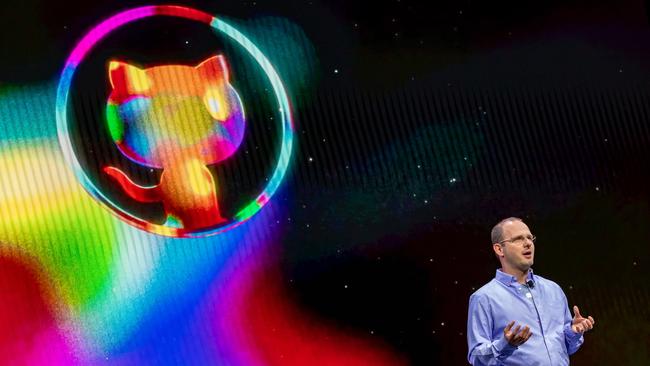
It found that on average, 30 per cent of code suggestions were accepted, with that rate expected to grow to 60 per cent by 2030. Code suggestions were found to have increased productivity by 30 per cent.
GitHub Copilot was found to have increased the speed at which code was written by 55 per cent. About 87 per cent of users said the tool helped preserve mental energy, while 73 per cent said the tool minimised interruption within their workflow. In some cases, that resulted in a 90 per cent faster completion rate.
GitHub's head of developer policy Mike Linksvayer, speaking to The Australian over Zoom from the US, said the company anticipated a future where the next generation didn’t need to be as technical.
“Learning to program is basically quite frustrating whether you’re doing it in school or as a first job, and a lot of people do end up dropping out,” Mr Linksvayer said.
Asked whether he believed the use of generative AI tools would go some way to combating Australia’s labour shortage, Mr Linksvayer said that Copilot was “not an autopilot that does the coding for you, but it is helpful to developers”.
“In general, we see developer tools as complimentary, not a substitute. We’ve seen this through the whole history of computers.”
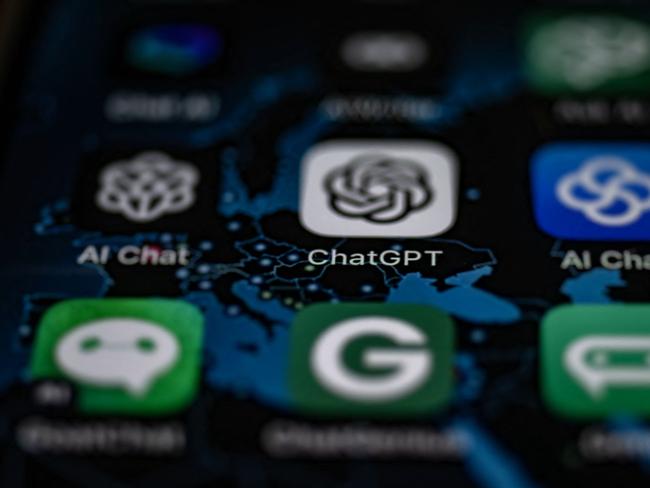
Locally, 1 million developers in Australia use the GitHub platform, with that figure having grown 23 per cent over the past 12 months.
The introduction of generative AI tools is expected to see 15 million more developers join the industry by 2030, according to the research.





